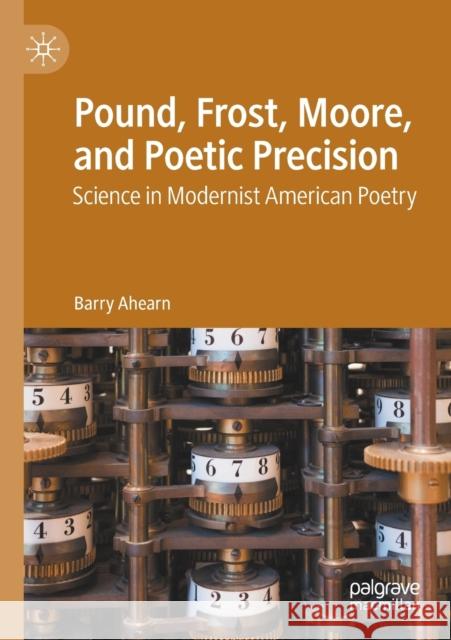Pound, Frost, Moore, and Poetic Precision: Science in Modernist American Poetry » książka
topmenu
Pound, Frost, Moore, and Poetic Precision: Science in Modernist American Poetry
ISBN-13: 9783030365462 / Angielski / Miękka / 2021 / 332 str.
Pound, Frost, Moore, and Poetic Precision: Science in Modernist American Poetry
ISBN-13: 9783030365462 / Angielski / Miękka / 2021 / 332 str.
cena 322,01
(netto: 306,68 VAT: 5%)
Najniższa cena z 30 dni: 308,41
(netto: 306,68 VAT: 5%)
Najniższa cena z 30 dni: 308,41
Termin realizacji zamówienia:
ok. 22 dni roboczych.
ok. 22 dni roboczych.
Darmowa dostawa!
Kategorie:
Kategorie BISAC:
Wydawca:
Palgrave MacMillan
Język:
Angielski
ISBN-13:
9783030365462
Rok wydania:
2021
Wydanie:
2020
Ilość stron:
332
Waga:
0.45 kg
Wymiary:
21.01 x 14.81 x 1.96
Oprawa:
Miękka
Wolumenów:
01
Dodatkowe informacje:
Wydanie ilustrowane











